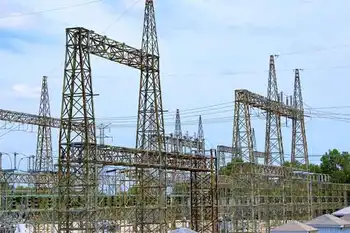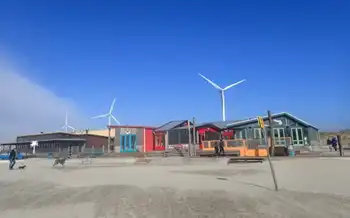California vote could harm voluntary CO2 market
CALIFORNIA - A ballot measure to suspend a Californian global warming law could stall activity in the voluntary carbon market if it is passed next week, market players said.
On November 2, Californian voters will be asked to approve Proposition 23, which would suspend the 2006 California Global Warming Solutions Act AB 32 until the state unemployment drops to 5.5 percent or less for four consecutive quarters.
If voted in, the measure could put a state renewable energy target on hold, as well as the regional emissions trading market called the Western Climate Initiative WCI.
If AB 32 is suspended, California may not to be able to participate in the WCI, which aims to create a giant emissions market from 2012 covering California, New Mexico, British Columbia, Quebec and Ontario from 2012.
A new poll suggested 48 percent of likely voters oppose the proposition, with 37 percent in support, leaving some 15 percent still undecided.
"It would be detrimental to confidence in the voluntary carbon market were California to withdraw from AB 32," said Grattan MacGiffin, managing director of GTE Global Trading Ltd.
"Without the Golden State's participation, the WCI would lose its depth and therefore cease to be regarded as a decent market," he added.
The WCI is also seen as a bellwether for a federal U.S. scheme, which faces tough opposition in the Senate.
New Mexico has hinted it will drop out of the WCI if California fails to participate, leaving Canadian provinces to look at a national approach to reducing emissions.
Ontario's environmental commissioner said last week that the WCI would suffer a major blow by losing California, possibly impacting the international carbon market.
The global voluntary market operates outside regulated emissions reduction scheme and relies on businesses and individuals to offset their greenhouse gas emissions voluntarily.
Compliance schemes can help raise awareness about emissions trading in general, helping to boost the offset market.
"We have historically seen a huge suspicion in the U.S. toward emissions trading and especially offsetting. If Prop. 23 goes through, it would send a very bad signal to the voluntary market which is still very thin there," said Sascha Lafeld, executive board member at carbon asset manager First Climate.
"Apart from a few big players there is no real activity there," he added.
Related News

Alberta Introduces New Electricity Rules
EDMONTON - The Alberta government is overhauling its electricity regulations, a move aimed at reducing spikes in electricity prices for consumers and businesses. The new rules, set to be introduced this spring, are intended to stabilize the default electricity rate paid by many Albertans.
Background on the Rate of Last Resort
Albertans currently have the option to sign up for competitive contracts with electricity providers. These contracts can sometimes offer lower rates than the default electricity rate, officially known as the Regulated Rate Option (RRO). However, these competitive rates can fluctuate significantly. Currently, those unable to secure these…




